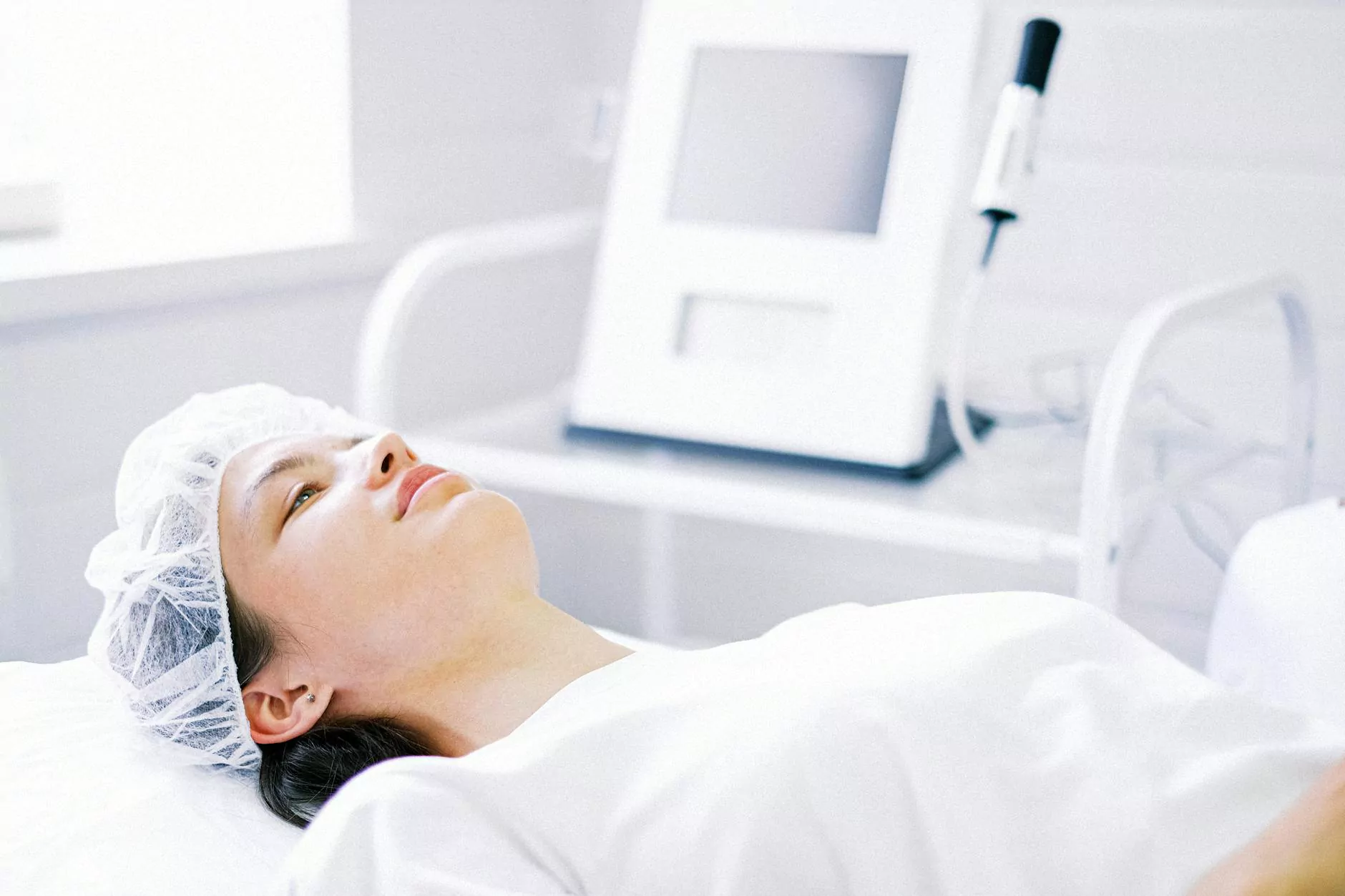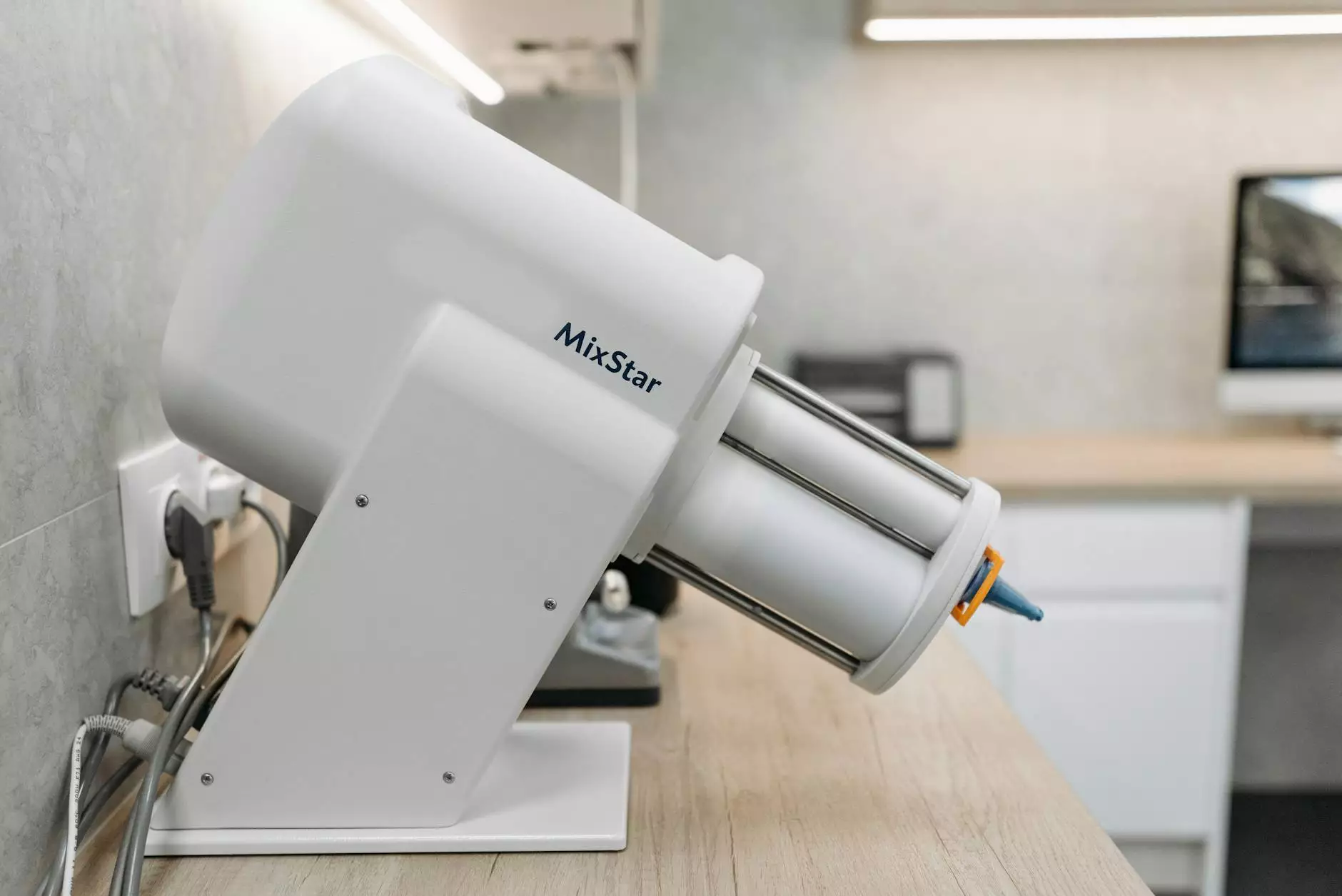The Role of a Lung Doctor in Health and Wellness

The importance of respiratory health cannot be overstated. Our lungs play a critical role in our overall well-being, facilitating the oxygen exchange necessary for life. When issues arise in this vital organ, consulting a skilled lung doctor becomes essential. This article delves into the expertise of lung doctors, the conditions they treat, and the various implications for individuals seeking better health.
Understanding the Expertise of a Lung Doctor
A lung doctor, also known as a pulmonologist, specializes in the diagnosis and treatment of lung diseases and disorders. Their training is comprehensive, allowing them to manage a wide array of respiratory issues effectively. This specialized care is crucial for anyone experiencing chronic respiratory symptoms or lung conditions.
Education and Training
To become a lung doctor, an individual must complete extensive education and training that includes:
- Bachelor's Degree - Typically in a science-related field.
- Medical School - Earning a Doctor of Medicine (MD) or Doctor of Osteopathic Medicine (DO).
- Residency - Completing a residency in internal medicine.
- Fellowship - Following residency, pursuing a fellowship in pulmonary medicine.
This rigorous training ensures that lung doctors have the knowledge and skills necessary to treat complex respiratory issues effectively.
Common Conditions Treated by Lung Doctors
Lung doctors address a wide variety of conditions. Understanding these can help individuals recognize when to seek assistance:
- Asthma - A chronic condition characterized by airway inflammation and tightening, making breathing difficult.
- Chronic Obstructive Pulmonary Disease (COPD) - A group of lung diseases, including emphysema and chronic bronchitis, that obstruct airflow and affect breathing.
- Lung Infections - Such as pneumonia and tuberculosis, which require specialized treatment.
- Lung Cancer - Early diagnosis and treatment are crucial for improving outcomes in lung cancer patients.
- Interstitial Lung Disease - A group of disorders that cause scarring (fibrosis) of the lungs.
- Sleep Apnea - A condition where breathing repeatedly stops and starts during sleep.
Identifying and treating these conditions promptly is vital for maintaining respiratory health and overall wellness.
Diagnosis and Testing Procedures
When visiting a lung doctor, patients undergo a thorough examination and may be required to undergo specific tests to determine the underlying cause of their symptoms. Some common diagnostic tests include:
- Pulmonary Function Tests (PFTs) - Measure how well the lungs work by assessing airflow and lung volume.
- Chest X-rays - Provide images of the lungs and heart, helping identify abnormalities.
- CT Scans - Offer more detailed images than standard X-rays for better analysis of lung conditions.
- Bronchoscopy - A procedure that allows the doctor to see inside the lungs using a flexible tube equipped with a camera.
- Sputum Tests - Analyze mucus from the lungs to identify infections or diseases.
These tests help the lung doctor provide an accurate diagnosis and formulate an effective treatment plan tailored to the individual’s needs.
Treatment Options Offered by Lung Doctors
Once a diagnosis is made, a lung doctor may recommend a variety of treatment options based on the condition and its severity. These may include:
- Medications - Often the first line of defense, including bronchodilators for asthma and COPD, or antibiotics for lung infections.
- Pulmonary Rehabilitation - A program designed to improve the well-being of people with chronic respiratory issues through exercise, education, and support.
- Lifestyle Modifications - Educating patients on smoking cessation and other lifestyle changes to promote lung health.
- Oxygen Therapy - Providing supplemental oxygen for those with low blood oxygen levels.
- Surgical Interventions - In cases such as lung cancer, a lung doctor may refer patients for surgical treatments like lobectomy or lung transplants.
These treatment options can significantly enhance the quality of life for patients suffering from respiratory issues.
The Importance of Regular Check-ups with a Lung Doctor
For individuals susceptible to lung diseases—such as smokers or those with a family history of respiratory conditions—regular consultations with a lung doctor are crucial. Early diagnosis and management can prevent conditions from worsening and lead to better outcomes.
Preventive Care and Health Education
Aside from treating existing conditions, lung doctors play an essential role in preventive care. They educate patients on:
- Avoiding Environmental Risks - Understanding how pollutants, allergens, and workplace exposures impact lung health.
- Vaccinations - The importance of vaccinations like the flu shot and pneumococcal vaccine in preventing lung infections.
- Healthy Lifestyle Choices - Encouraging regular exercise, proper nutrition, and smoking cessation to promote lung health.
This emphasis on prevention is vital in the fight against respiratory diseases.
How to Choose the Right Lung Doctor
Choosing a lung doctor is a critical decision that can impact your health and quality of life. Here are some tips for selecting the right pulmonologist:
- Check Credentials - Ensure they are board-certified in pulmonary medicine.
- Consider Experience - Look for a doctor with experience treating your specific condition.
- Read Reviews - Patient reviews can provide insight into a doctor’s philosophy and approach to care.
- Evaluate Communication Style - Choose a doctor who listens to your concerns and explains things clearly.
- Accessibility - Consider the location of the practice and the availability of appointments.
Taking these factors into account can lead to a positive patient-doctor relationship that fosters better health outcomes.
Conclusion: The Impact of a Lung Doctor on Quality of Life
In summary, a lung doctor plays a vital role in the diagnosis, treatment, and prevention of lung diseases. Their expertise can lead to improved respiratory health, enhanced quality of life, and effective management of chronic conditions. Whether it's through advanced treatments or preventive care, being proactive about lung health is essential. For anyone experiencing respiratory issues or simply wanting to maintain optimal lung health, consulting a proficient lung doctor can make all the difference.
Contact Your Local Lung Doctor Today
If you’re seeking exceptional care for your respiratory health, hellophysio.sg offers specialized services in health and medical care, sports medicine, and physical therapy. Don’t let respiratory issues interfere with your life—schedule an appointment today and take the first step towards better lung health!









